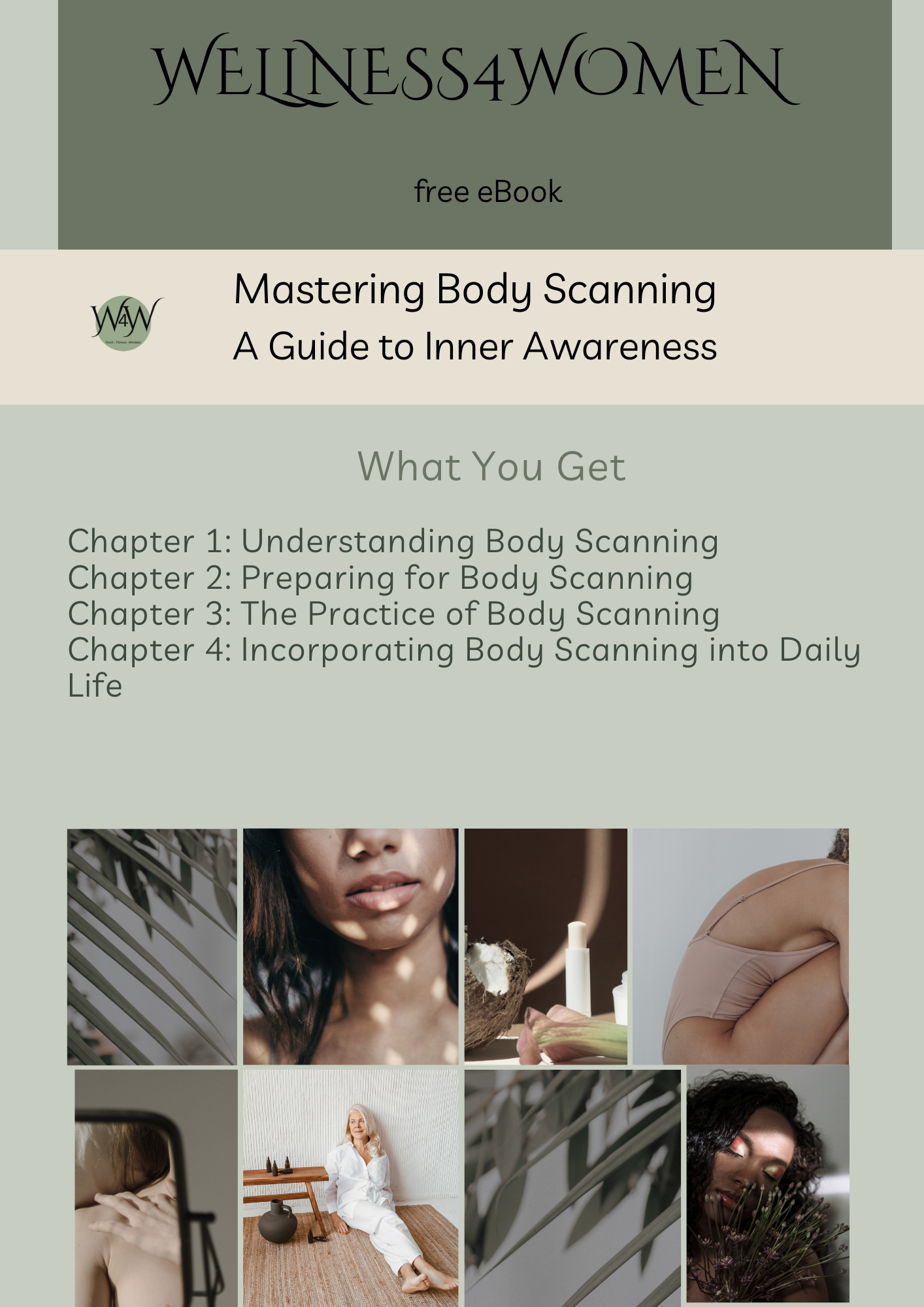Hello Again! Below is another snippet from Psalm 23 Unwrapped
my book Psalm 23 Unwrapped is published on Amazon ready to order for a Christmas gift. This book will be a wonderful lift to someone spirits, giving them hope in difficult times.
TASTER THREE
Psalm 23 Unwrapped
We have explored the God is our Shepherd in the first part of verse one. Now we will examine the second part and ask the question, why do we have no need. Needs are a part of our human existence. From the time we draw in our first breath to our last, we have need. Humanity has one main thing in common, and that is to fulfil our needs so we can survive and thrive.
When David says “I shall not want” he is acknowledging how completely reliant he is on God as his Shepherd. “I shall not want” because God, as a good shepherd, will ensure I have everything I need. “I shall not want,” not because of what I have done or can do, but because God loves me. “I shall not want” because I know God personally as Shepherd. This is comforting indeed and makes sense in the light of the first part of this verse. However, how might this look like in the highs and lows of everyday life?
Social scientists, Medics, philosophers, and theologians alike, tell us that the fundamental human needs are not individual needs but categories of needs. It is generally recognised that there are seven categories of basic human needs, as shown below. These needs are interrelated and form a system that may look slightly different for each individual, and yet these needs are the same in all humans across all cultures and all times. People in different periods of life will fall at various places on the scale of needs. This is the reason why there is no set order, which is why I have not numbered them. The categories of requirements are represented by S.U.C.C.E.S.S,
Subsistence
Understanding and growth
Connection and love
Contribution
Esteem and Identity
Self-governance (Autonomy)
Significance and Purpose
We will take these points individually to decipher their meaning, determine the relevance to us, and where verse 1b fits into this.
Subsistence is the need for survival, safety, security, self-care, structure, and control. Generally, it incorporates everything needed to sustain life. This includes physiological needs like food, water, air, breathing, excretion, reproduction, warmth, shelter, rest, and sleep. Personal security, work, resources, property, and health are the to thrive. It also covers self-care needs, like leisure, entertainment, and healthcare, etc.
During the COVID-19 pandemic, cases of depression, alcohol and drug abuse, and suicide have significantly increased across the world. To survive and thrive, we have the need to control the structure of our lives because that makes us feel safe and secure. During this pandemic, we have experienced imposed locked downs and social restrictions. The control and structure of our daily life have mainly been taken away, increasing vulnerability to negative influences and not all of us can establish those structures for ourselves. Therefore, to find help of some kind is especially important. It has been said that people search for meaning in religion at the most vulnerable times in their lives. This is true.
Our need for control and certainty is always unsettled because we live in an ever-changing world. The only thing we can guarantee is that change will happen. The people around us and our environment are always changing, and we can become exhausted with it all. Change can be of benefit, it is not until we run out of our own resources do, we then search for something outside of ourselves, and many people look to God. Jesus taught the eight beatitudes, which are in essence, about beautiful attitudes. We find these in the gospel of Matthew:1-12. Beatitude 1 v 3 says this… “Blessed are the poor in spirit, for theirs is the kingdom of heaven. “The poor in spirit are those who feel a deep sense of spiritual destitution and need before God. Another word for this is ‘humble’.
It is an intentional approach to gaining meaning and purpose. The kingdom of heaven is theirs, because they seek it, and therefore find and abide in it. There must be the emptiness of self (ego) before there can be fullness, and so poverty of spirit precedes riches and grace in the kingdom of God. In a sense, we have no need. The Lord, who is our Shepherd, becomes and provides all we need. This is because the supply emanates from our relationship with him, we have put God in control of our lives. We have placed our subsistence issues in God’s hands. We are following the Shepherd despite the dark valleys of life. Consequently, we feel secure and safe. We adopt the conviction of needing nothing because the Lord is the Shepherd taking care of things, gives us a personal sense of life meaning and a greater sense of individual agency. Pause and think about your life and experiences to find a unique sense of life purpose and significance. Give it some thought to how your Shepherd is providing for you.
Understanding and Growth
This is the need to learn, understand, develop competence, and grow to become all we can be. All human beings have a need to learn, grow, and fulfil their potential. If they do not, they feel aimless.
Proverbs 29;18 –Where there is no vision (foresight, imagination), the people perish: but he that keeps the commandments, is happy.
We study, investigate, educate, experiment, analyse, and meditate because of this inner curiosity and need to understand the world around us. Schools, colleges, universities, on the job learning programs, mentors, apprenticeships, disciples, teachers, coaches, parents, communities, and national education programs are just a few human attempts to meet this need. An infant has an incessant curiosity and drives to understand everything around them. They feel things, put things in their mouth. Almost without trying, children are moved by this need to explore, experiment, and understand the world around them. That is how growth happens in children, and that’s how change happens in adults. This is God’s gift of supply to us. God implants in our psyche ‘vision’ so we can grow into successful adulthood.
Connection and Love
Psalm 23is about our relationship with God. The author David knew that the Lord is his source as Shepherd and so would unconditionally supply his need. He does not want for anything because God has everything all sorted, he is the loving Shepherd, he has got David’s back. David has all he needs from the Shepherd who meets those needs, and one them is connection and love. Without good relationships, you cannot have this unconditional love. Relationships are the arteries that carry the healing balm of love because good relationships are the secret to a good life. We need good relationships to be healthy and happy. In fact, research has also shown that babies fail to thrive, and sometimes die when they are not held and loved. This need is about belonging to a group or connecting with other people deeply. It is a social need we all have. That is why, during the isolation of COVID-19 lockdown, many are struggling.
We all need emotional relationships. Some of the relationships that satisfy this need include friends, workgroups, social groups, community groups, family, romantic relationships, churches, religious organisations, sports teams, book clubs. For others, they find love, connection, and sense of belonging in gangs, cults, etc.
John Lennon sang- all you need in love. But we also need a deep sense of connection. Connection and love are shown through deep, enduring relationships with others. It is love from people who you know you can count on, no matter what happens, because they love you unconditionally. Good relationships are channels that carry that kind of love. God also is a source of pure love channelling it to you if you will receive it. I am not sure that God created love because love just IS. God IS the essence of love. 1 John 4:16– We know how much God loves us, and we have put our trust in his love. God is love, and all who live in love live in God, and God lives in them.
Like many teenagers, I looked for love and connection in all the wrong places and people. Then one day in 1976, I meet the Lord of love, and my empty, searching heart found peace. Love comes from God, who is its source, and since God is love then we, his followers who are born of God, will also love. God loves us, so we must love one another.
A true Christian, one saved by love and filled with God’s love, must live in love toward God and others. The entire passage found in 1 John 4:7-21 speaks of God’s loving nature. Love is not merely an attribute of God; it is part of his very soul. God is not only loving; at his core, he is love. God alone loves in the completeness and perfection of love, fulfilling our inherent need to be loved and to love.
The complete description of how we express true love towards fellow human beings is found in 1 Corinthians 13. This passage teaches us ‘how’ to Belong in the right way. We need to feel that we belong somewhere, and to be connected to a group of like-minded people. Friends and family are a platform to give and receive love.
We all have needs but are they are fulfilled differently for each individual. Some people prefer one-on-one relationships. They feel stressed within groups but comfortable one-on-one.
Other people are just the opposite; they like group relationships. Some people just love hanging out with people. They have a higher need for visible relationships. Part of the expression of love is empathy, approval, and acceptance. Some people have a much higher demand for these than others, and sometimes they are also more tactile. All of us need touching and physical contact. A kindly ‘hug’ from a loved one goes a long way. If a small child spontaneously hugs you, then this is a sign that the child has a need to be tactile. It is a discerning parent that will regularly fulfil that need. If that need is met within the family, the child will not look elsewhere.
The need for love and connection can also be met by volunteering in a nursery or orphanage, getting a pet, getting a massage, etc. Jobs, like nursing, are good jobs for tactile people. At the level of human physiology, we are designed to need love. This is because God created us, who is love, and we are in his image. Hormones like the ‘feel good’ hormone, are released when humans connect and touch. Human touch is so vital that brain development in children can be impaired without it.
If you enjoyed this purchase Psalm 23 Unwrapped available from Amazon
Love & Grace
Paula Rose Parish IHS
For more articles, visit Your Wellness Matters at www.paularoseparish.com. And if this article has helped you in a small way, please like it and comment.
For helpful articles on converting from Protestantism to Catholicism and videos visit ALMOST CATHOLIC at http://almostcatholic.blog
Visit My YouTube Channel- https://www.youtube.com/channel/UCIHzAbvL5Wdjlh4Q57XHEDA
I have worked internationally with over 40 years of experience, having a Bachelor of Pastoral Counselling and Theology and a Master of Arts in Counselling & Professional Development. BACP Life Coaching Certificate. I currently work as a Christian educator, blogger, author, and grandmother living with my two dogs in Wales, UK.
If you wish to connect with me, please do so at paularoseparish@gmail.com
?Want to help support me as an author? My books are available at AMAZON.
?Psalm 23 Unwrapped: Hope in Difficult Times.



